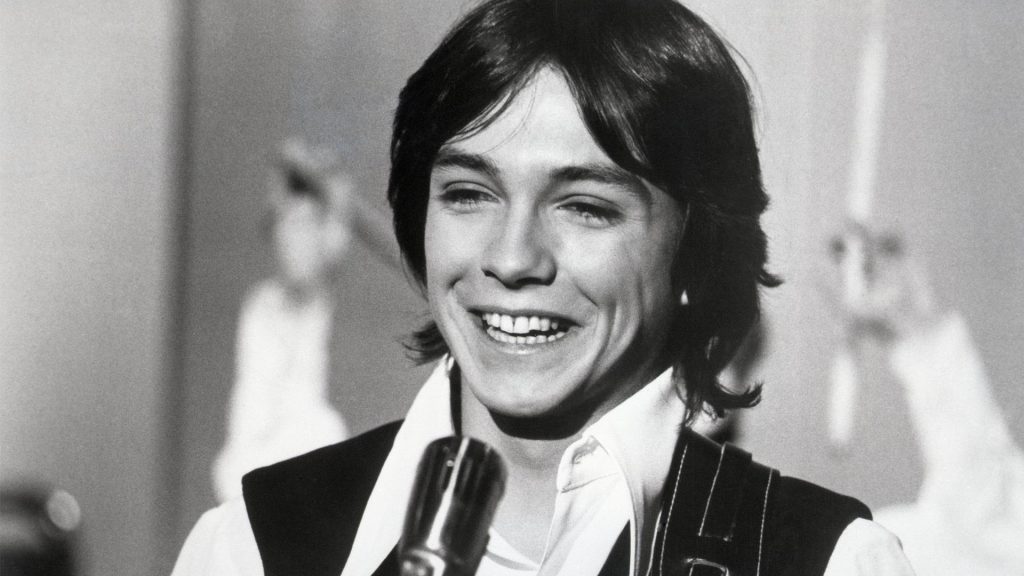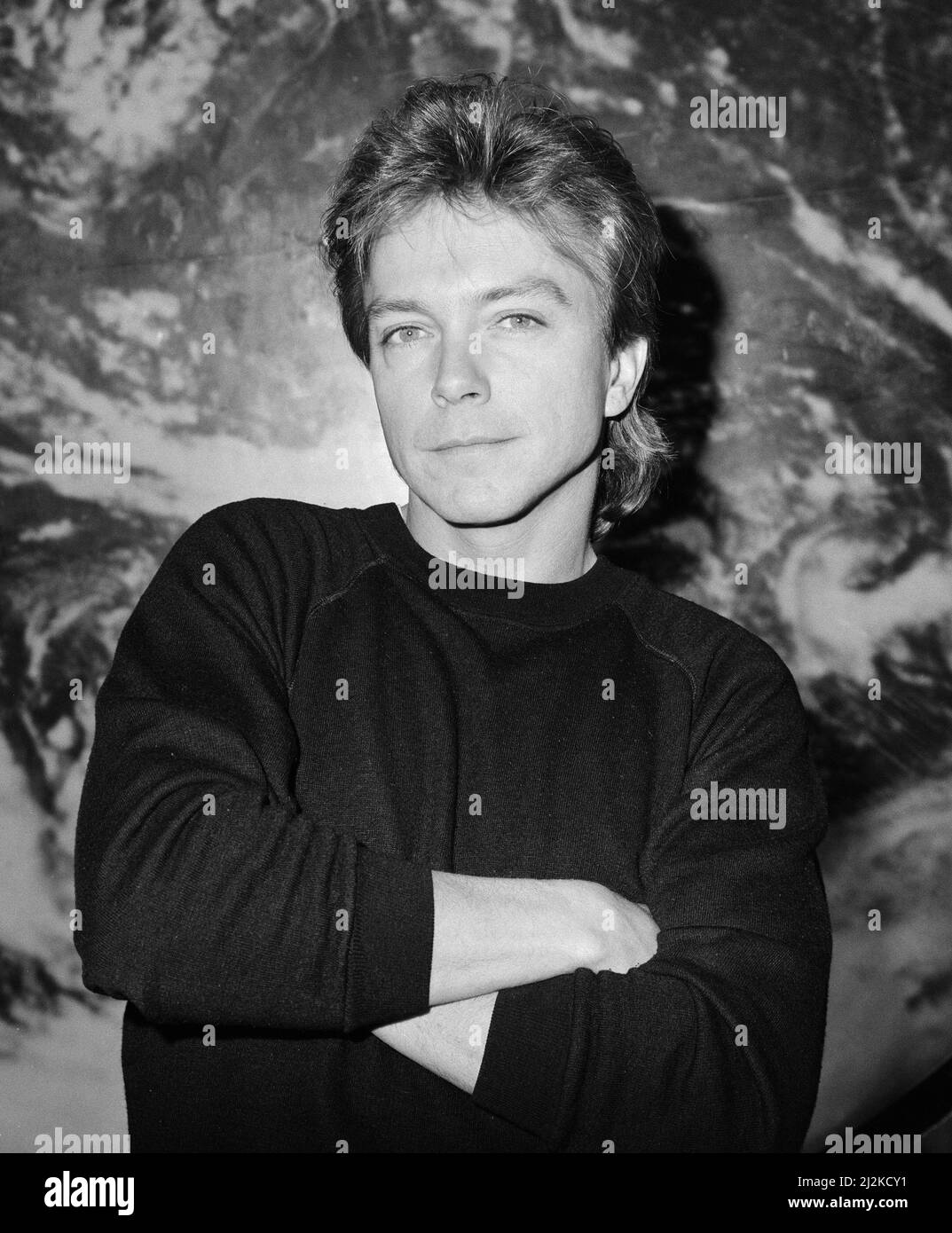
A Nostalgic Reflection on Hope and Yearning for a Better Future
In the annals of 1970s pop music, few names evoke a sense of nostalgia quite like David Cassidy. An icon of his time, Cassidy captured the hearts of millions with his boyish charm and heartfelt performances. One of his notable songs, “Tomorrow,” stands as a testament to his ability to convey deep emotions wrapped in the simplicity of a pop melody. Released during an era characterized by significant cultural and societal shifts, “Tomorrow” became a beacon of hope and introspection for its listeners.
When “Tomorrow” was released in 1973, it found its place on the album “Dreams Are Nuthin’ More Than Wishes.” The album itself climbed the charts, reaching impressive positions, and while “Tomorrow” may not have been the lead single, it resonated with fans who were deeply invested in Cassidy’s musical journey. The song encapsulates the essence of looking forward to a brighter future—a sentiment that resonated powerfully during a time when many were seeking solace from the uncertainties of the world around them.
The story behind “Tomorrow” is one of reflection and longing. Written by David Cassidy himself alongside Kim Carnes, the song delves into themes of hope and anticipation. At its core, “Tomorrow” is about holding onto dreams and believing in the promise of a better day. This theme is universally relatable, transcending generations and touching anyone who has ever yearned for change or improvement in their lives.
The song’s lyrics are poetic yet straightforward, allowing listeners to project their own experiences and hopes onto them. Lines such as “Tomorrow will be better than today” echo the timeless human desire for progression and improvement. In a world where challenges are ever-present, Cassidy’s gentle voice serves as a comforting reminder that change is always possible, and that hope should never be abandoned.
Musically, “Tomorrow” features an arrangement that complements its lyrical content perfectly. The gentle melody and soft instrumentation create an atmosphere of contemplation and serenity. It’s easy to imagine oneself listening to this song on a quiet evening, perhaps reflecting on personal dreams or aspirations. The soothing quality of Cassidy’s voice enhances this reflective mood, making “Tomorrow” not just a song but an experience—one that invites introspection and offers comfort.
For those who grew up during the height of David Cassidy’s fame, “Tomorrow” is more than just a track on an album; it’s a piece of their youth. It evokes memories of simpler times when the future seemed full of endless possibilities. This sense of nostalgia is particularly poignant for older listeners who have witnessed the passage of time firsthand. Hearing “Tomorrow” can transport them back to moments when life was just beginning to unfold, filled with dreams yet to be realized.
Beyond its immediate impact upon release, “Tomorrow” endures as part of David Cassidy’s legacy—a legacy marked by his ability to connect with audiences through authentic emotion and sincerity. As listeners revisit this song today, they are reminded not only of Cassidy’s talent but also of their own personal journeys. The passage of time may bring change, but songs like “Tomorrow” serve as anchors that keep cherished memories alive.
In conclusion, “Tomorrow” by David Cassidy remains a poignant reminder of hope and aspiration. Its timeless message continues to resonate with audiences old and new, offering solace in times of uncertainty and inspiring belief in the promise of what lies ahead. Whether you’re revisiting this classic as an old friend or discovering it anew, “Tomorrow” stands as an enduring testament to the power of music to evoke emotion and inspire change.
